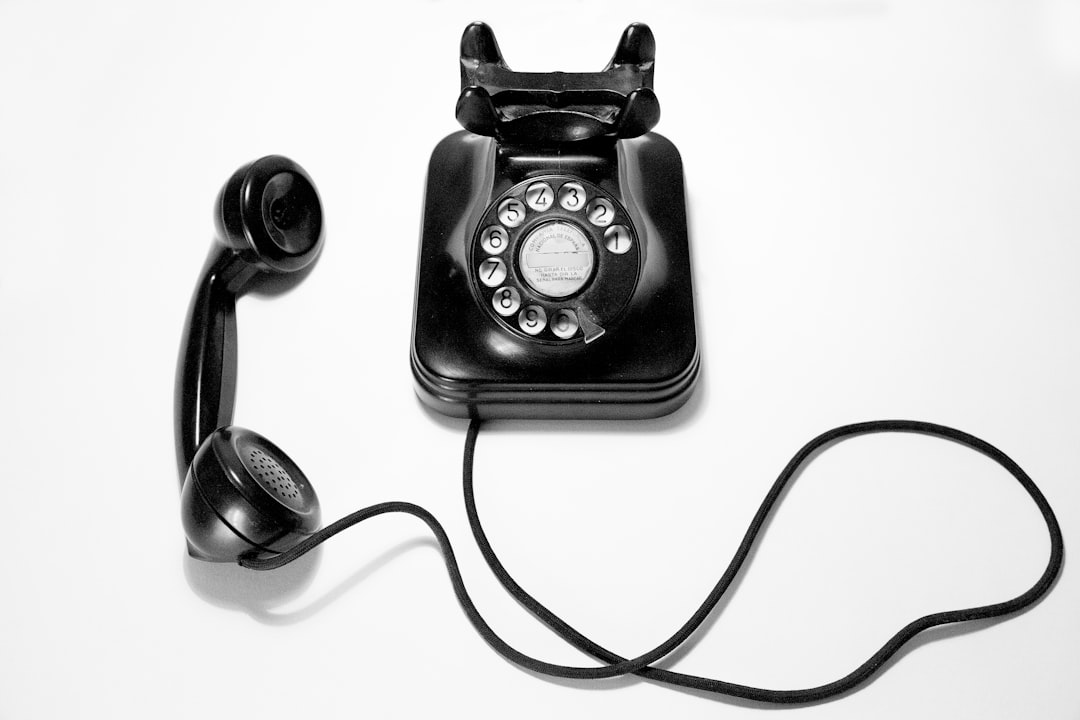In Wisconsin, debt collector harassment is illegal under the Fair Debt Collection Practices Act (FDCPA) and state laws, offering residents strong protections. If you experience repeated calls, threatening letters, or other distressing tactics from collection agencies, especially after requesting a "Do Not Call" status, consult an attorney specializing in consumer rights and Do Not Call law firms to understand your options for compensation and put an end to harassment. Key legal actions include filing complaints with relevant authorities, pursuing damages in small claims court, or taking legal action against the debt collector. Document evidence, block collector numbers, dispute debts in writing, and avoid sharing personal info unless you initiate contact.
In Wisconsin, debt collector harassment is a serious issue with severe legal consequences. Understanding your rights under state laws is crucial for protecting yourself from unfair and unethical collection practices. This article guides you through the intricacies of Wisconsin’s debt collector harassment regulations, explaining what constitutes unacceptable behavior, the legal remedies available to residents, and practical steps to safeguard against malicious collection tactics—all without contacting a law firm.
Understanding Debt Collector Harassment Laws in Wisconsin

In Wisconsin, debt collector harassment is taken very seriously, with strict laws in place to protect consumers from abusive collection practices. The Fair Debt Collection Practices Act (FDCPA) sets forth guidelines for how debt collectors must conduct themselves when communicating with individuals regarding their debts. This includes prohibiting certain actions such as using threatening or coercive language, making false statements about the consumer’s debt, and contacting the consumer at unreasonable times or places.
Wisconsin residents have the right to seek legal remedies if they believe they have been subjected to harassment by a debt collector. If you’ve been contacted by a debt collection agency through repeated phone calls, threatening letters, or other distressing methods, especially after requesting that they stop calling (often known as the “Do Not Call” request), you may have grounds for legal action. Consulting with an attorney specializing in consumer rights and debt collection laws, particularly those who handle cases involving Do Not Call law firms in Wisconsin, can help you understand your options for seeking damages and putting an end to the harassment.
What Constitutes Unfair Harassment?

Unfair harassment in debt collection is defined by actions that violate a person’s rights and cause substantial emotional distress. This can include repeated and unwanted calls, threatening or abusive language, sharing personal or embarrassing information with others, or using deceptive practices to intimidate or coerce payment. Unlike simple annoyance, unfair harassment is intentional and persistent, designed to pressure individuals into making payments they may not owe or cannot afford.
In Wisconsin, debt collectors are governed by state laws that protect consumers from such harassment. If you believe you’ve been subjected to unfair debt collection practices, including Do Not call law firms in Wisconsin, you have legal remedies available. These include filing a complaint with the Wisconsin Department of Banking, seeking damages through small claims court, or retaining an attorney to pursue a lawsuit against the debt collector for violations of federal and state fair debt collection laws.
Legal Remedies Available to Wisconsin Residents

In Wisconsin, residents facing debt collector harassment have several legal remedies available. The Fair Debt Collection Practices Act (FDCPA) protects consumers from abusive or deceptive practices by debt collectors. If a debt collector violates this act, individuals can file a complaint with the Federal Trade Commission (FTC) or take legal action in state or federal court.
One key remedy is to request that the debt collector cease and desist all communication, often done through a written letter. Additionally, Wisconsin law allows residents to sue for damages if they have suffered emotional distress due to harassment. The state also restricts debt collectors from making harassing phone calls, specifically prohibiting them from calling consumers at inappropriate times or places, such as before 8 am or after 9 pm, on holidays, or at work if the collector knows the debtor is not authorized to take personal calls. Furthermore, debt collectors cannot threaten legal action without intent to follow through, and they must provide valid validation of the debt upon request. For Wisconsin residents, “Do Not Call” laws offer additional protection, especially when directed towards law firms engaging in debt collection activities.
How to Protect Yourself from Unethical Debt Collection Practices

If you’re facing debt collection harassment in Wisconsin, it’s crucial to understand your rights and how to protect yourself from unethical practices. The first step is to gather evidence of the harassment, including any phone calls, emails, or letters that you believe violate your rights. Document dates, times, and a summary of each interaction to build a strong case if you need to take legal action.
Next, consider blocking the debt collector’s numbers on your phone and refrain from providing any personal or financial information unless you initiate contact and are sure of the party’s legitimacy. Remember, legitimate collectors will provide validation of the debt upon request. Additionally, inform the collector in writing that you dispute the debt and request proof of the amount owed. Do not make any payments until you’ve verified the validity of the claim through proper documentation. Refrain from calling law firms regarding this matter; instead, consult directly with an attorney specializing in consumer protection laws in Wisconsin to explore your legal remedies.






